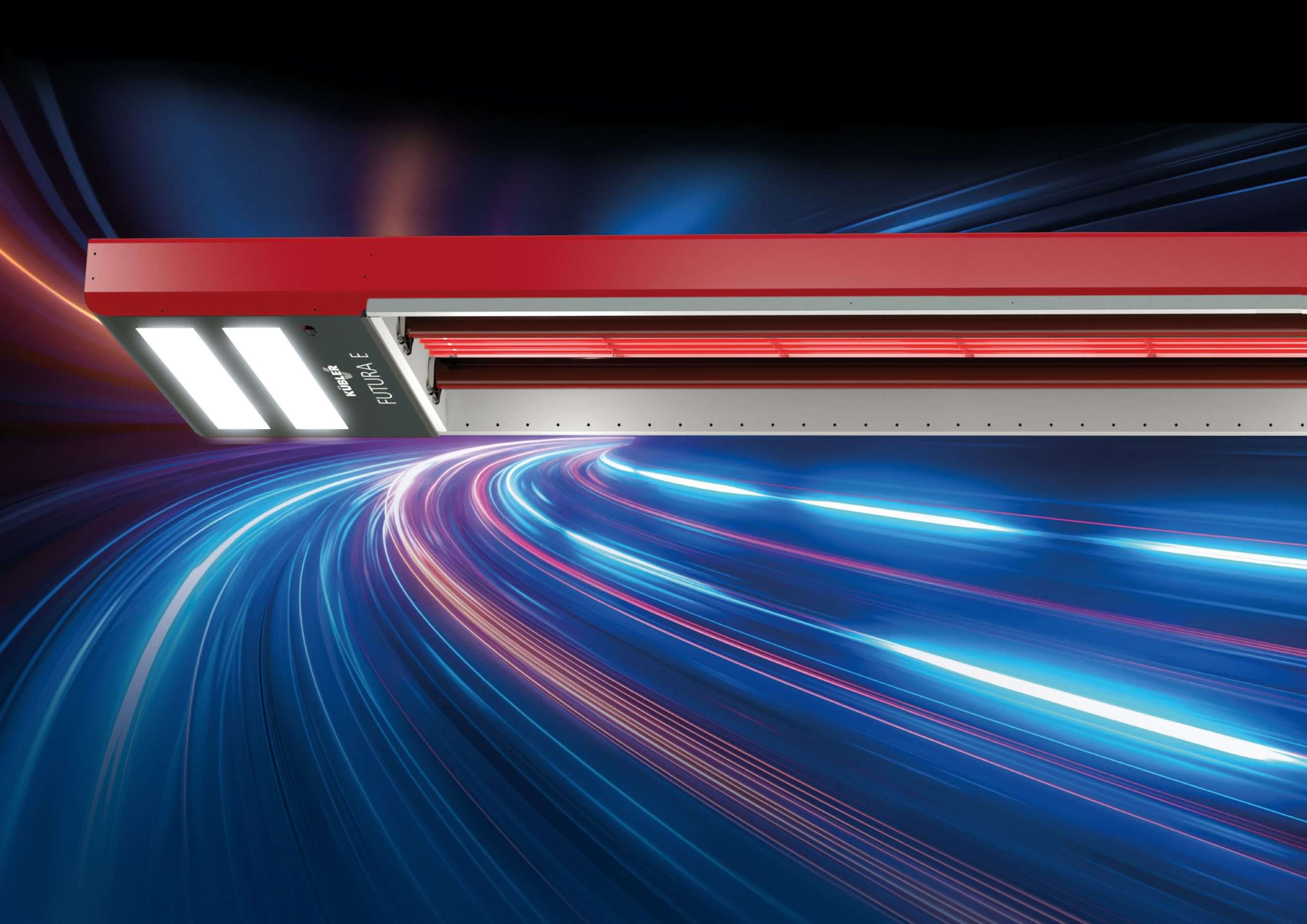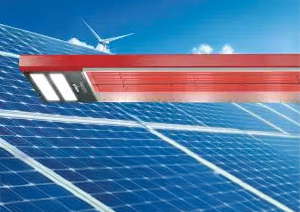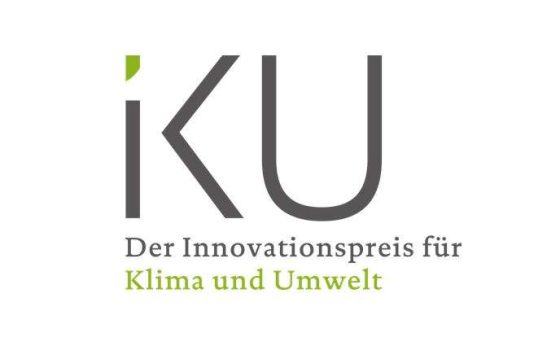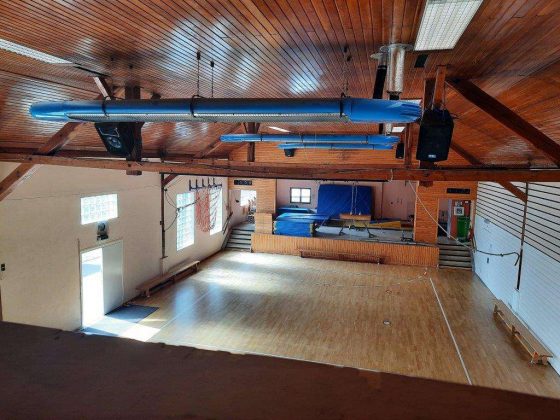Workshop heating - what you should look out for when choosing
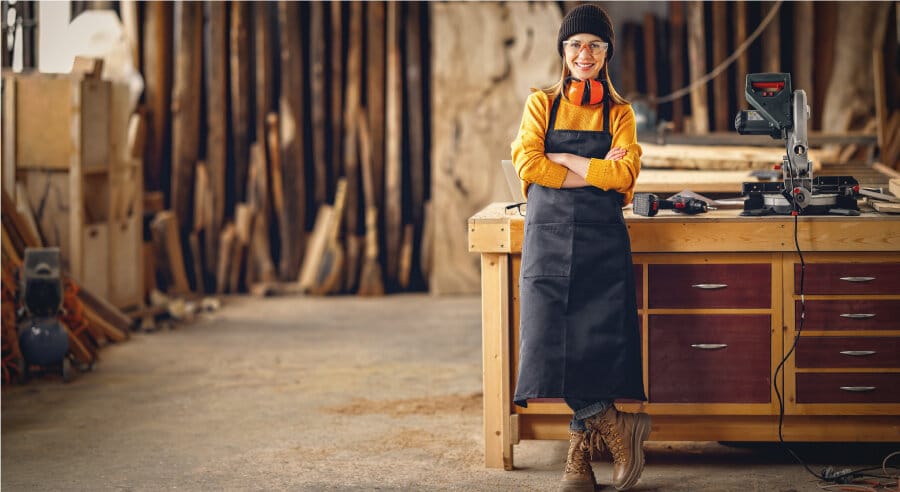
First things first: The right workshop heating system should match your requirements
If you search for workshop heating in search engines, you will find a variety of technologies. These include fan heaters, cannon heaters, electric heaters and free-standing radiant heaters as well as infrared heaters. However, before you take a closer look at the technologies, you should first be clear about your requirements. The following questions can help you with this:
Building
- What is the height, length and width of the hall building?
- What is the insulation condition?
- What is the hall atmosphere like (e.g. dusty, damp, draughty)?
- How many windows and doors does the hall have?
- Are there adjoining offices
Utilization profile
- How is the hall used?
- At what times - are there working shifts?
- Are there different usage zones?
Energy source
- What energy sources are available?
Further requirements
- What goals do you want to achieve with the heating?
- Economic efficiency
- High thermal comfort
- Flexibility
- Future security
- others?
Once you have answered these questions for yourself, some heating systems may no longer be an option and the choice will become more manageable for you. In any case, you can provide your heating engineer with a clear requirements profile, which he can use to recommend the right heating system for your workshop.
Bring a clean and draught-free working environment into the workshop
Particularly for dust-intensive work, as is often the case in joineries, for example, you should make sure that your new workshop heating system does not contribute to additional air pollution. But clean air and a draught-free indoor climate are also important in other workshop operations, if only so that your employees feel comfortable and can work productively. You should therefore opt for a system that does not cause draughts that could stir up dust. This is where infrared heaters of the type Dark radiator particularly well, because they warm - similar to the natural The sun's heating principle - by infrared rays and not by heated air. And they have another decisive advantage for a good indoor climate, because they have direct exhaust gas routing, i.e. the waste heat is routed to the outside in a controlled manner without polluting the hall atmosphere.
Pay attention to high energy efficiency when it comes to workshop heating - then the environment & your bank account will benefit
In the heating sector in particular, legislation is placing ever higher demands on the technologies used. But it is certainly also important to you personally to keep the expensive use of resources as low as possible. You should therefore pay particular attention to the consumption values of your new Workshop heating. Seen over the life cycle, high energy consumption is not only expensive for the environment, it is also an unnecessary burden on your budget. Infrared systems specially developed for hall heating generally consume 30 - 40 % less than conventional hot air systems. However, these factors also make a decisive contribution to the cost-effectiveness of heating in your workshop:
- the exact design of the heating system based on the usage profile (see above)
- Controlled direct flue gas routing
- the integration of other energies such as residual heat and
- Good and transparent control
Benefit from the possibilities of intelligent control systems
Today, modern heating systems can be controlled flexibly and according to demand. For example, you can define production areas and storage areas in the workshop as different heating zones and heat them individually. With dark radiators, you can heat storage areas in your hall at a lower temperature than the production area - this can save a lot of energy costs. Fluctuations in the outside temperature, day and night cycles, additional shifts or public holidays can also be taken into account with intelligent control systems and heating operation can be optimized accordingly. Via the display or PC, you as the user can view the performance and important parameters of the system, such as operating time or energy consumption, at any time. Smart additional modules automatically ensure that energy is not wasted unnecessarily when the workshop doors are open. This can be very lucrative, especially in vehicle workshops with high air exchange rates. Control systems are important today in order to operate workshop heating systems as optimally as possible - they play a crucial role in saving energy, CO2 and energy costs.
Plan for future changes to your workshop heating system
Workshop heating systems are an investment in the future. Provided you have opted for a quality product. Then the life cycle can be as long as 20 years. A lot can happen during this time. It is therefore important that your new workshop heating system gives you as many options as possible. This includes important points such as
- the flexibility to relocate, extend or remotely control your heating system at any time
- keep the ceiling as open as possible, e.g. for cranes or lighting changes
- keep the hall floor as clear as possible, e.g. for changes to machine installations
- Gradually use more renewable energy sources (e.g. green gases) as soon as they are available
The last point in particular must be carefully considered, because a compromise between climate requirements and usage profile can cost you dearly. Technologies that only use renewable energies are always hot water-based and therefore relatively slow. If you want your workshop heating to be quick and flexible to control, we recommend gas-fired infrared heating technologies. Apart from the fact that they can generally be operated with biogas, methane is also increasingly becoming a green energy source through the addition of hydrogen H2, among other things.
-
The Federal Ministry for Economic Affairs and Climate Protection has been honoring the commitment of industry and research to climate and environmental protection for many years with the IKU - the German Innovation Award for Climate and the Environment. The 21 nominees include many big names as well as a medium-sized company: KÜBLER GmbH from Ludwigshafen. It specializes in the development of energy-saving hall heating systems and entered the competition with HeizWerk, a smart solution package for industry. Behind this is nothing less than a clever concept for energy-efficient refurbishment in production, storage and other hall buildings without the need for capital expenditure.
-
The most important facts in brief: The European Emissions Trading System EU-ETS 1 has been in force since 2005, which regulates the emissions of energy-intensive companies and the energy industry through certificate trading in accordance with the cap and trade principle. In addition, CO2 pricing (also known as CO2 tax) for fossil fuels was introduced in Germany in 2021 and regulated by the Fuel Emissions Trading Act (BEHG).
-
In 2021, the new CO2-tax came into force. It is intended to help Germany achieve its climate protection targets. Read on to find out what this means for your company in terms of costs and what you should do now!
-
Turnverein 1860 Mußbach e.V. is a traditional sports club with a long history. Since it was founded in 1860, it has got a large number of people of all ages and backgrounds moving and now has over 1,200 members. The club offers a wide range of sporting activities. Dieter Hackebeil, former chairman of the club and now (un)retired, was the main person responsible for the renewal of the heating system at the time and can "only praise KÜBLER to the skies." Satisfaction and conviction are the key words here.
